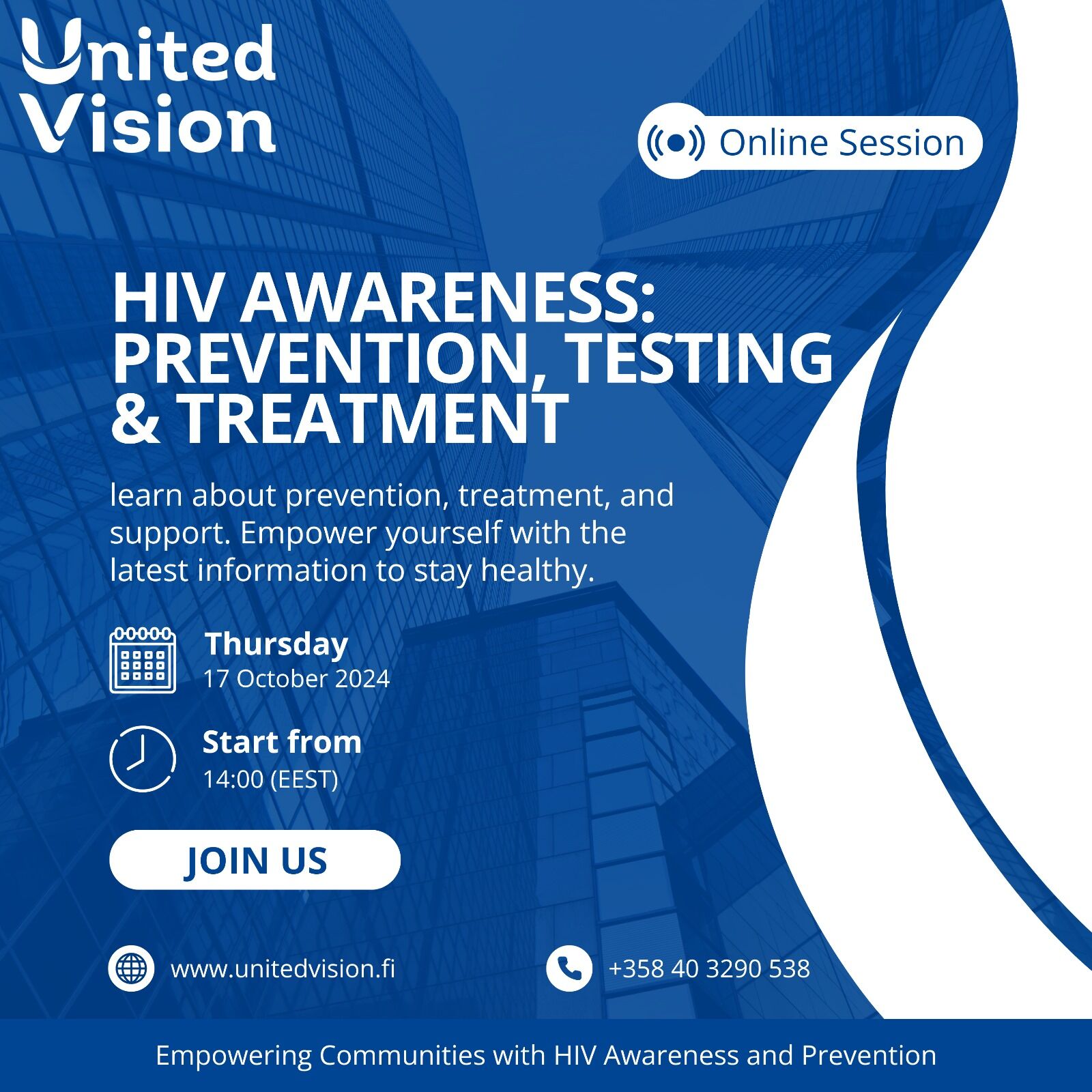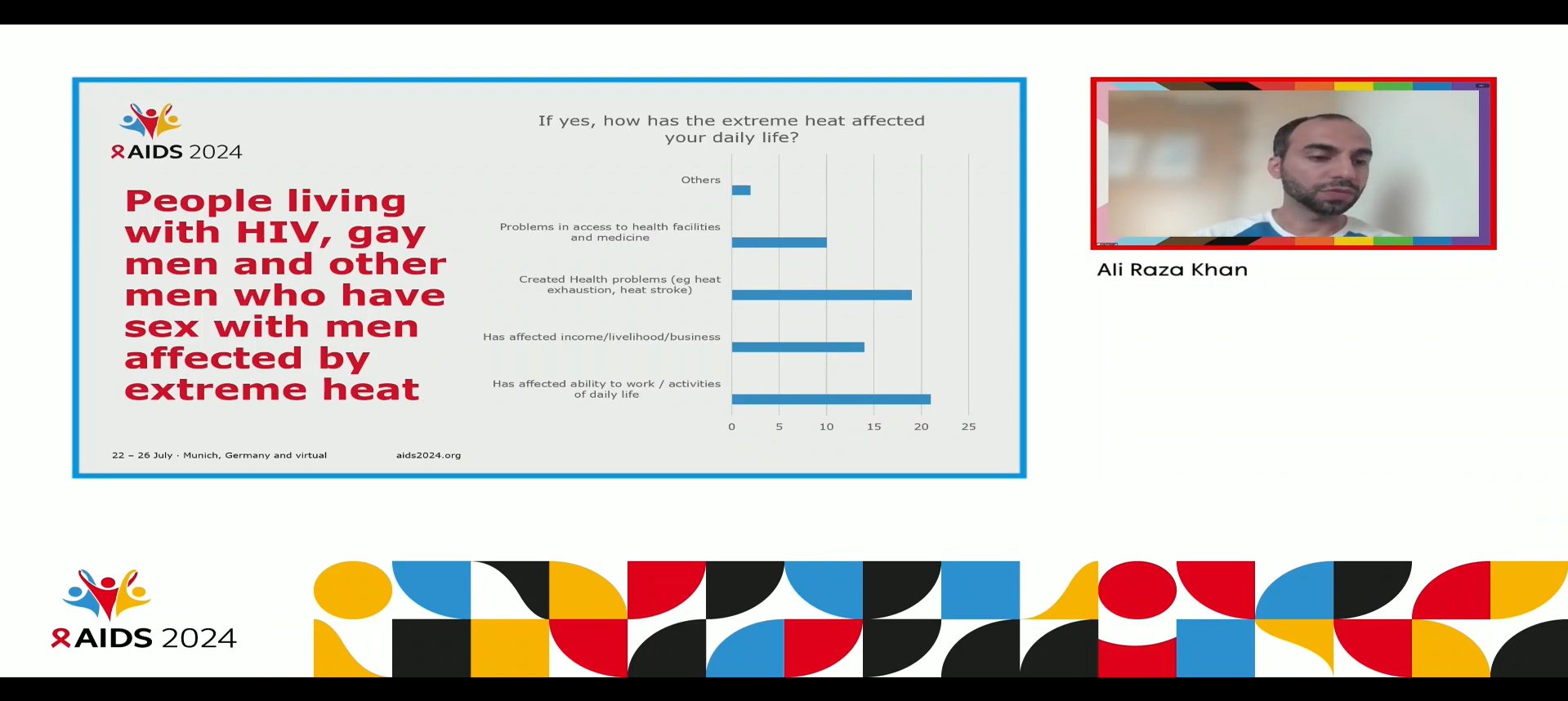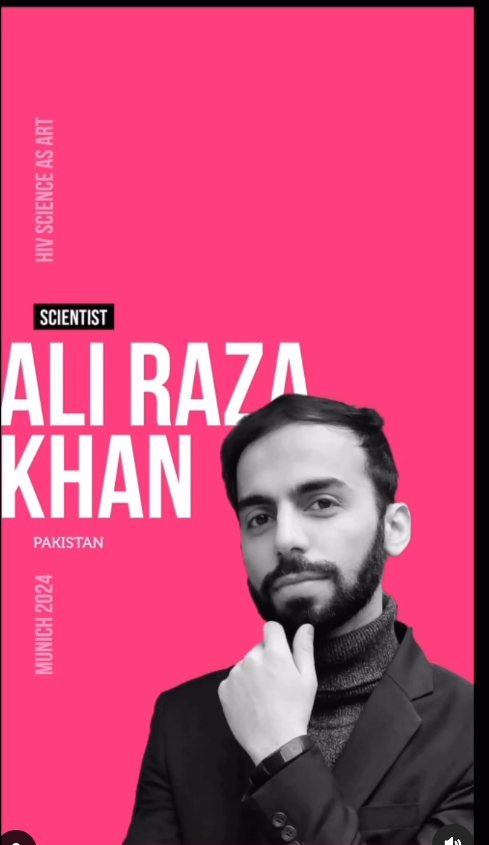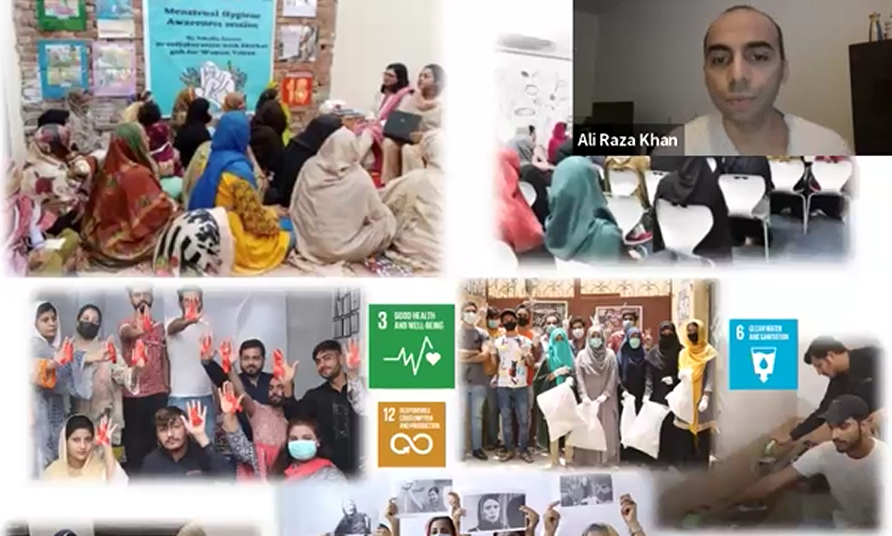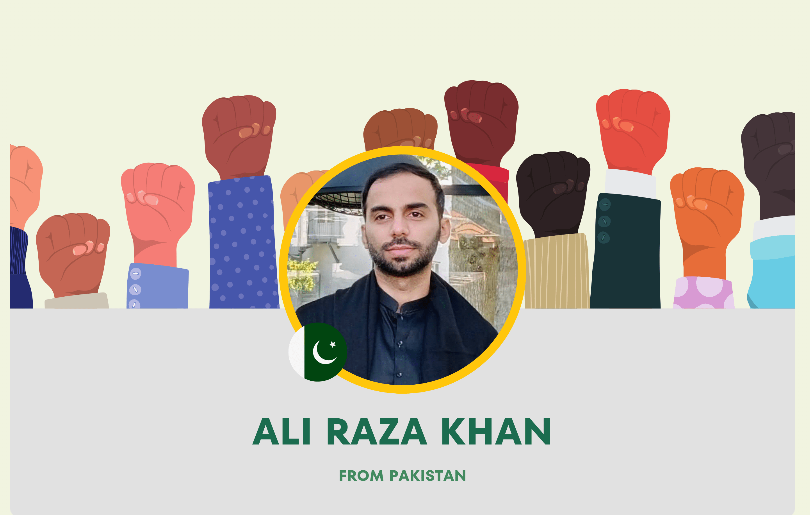My Blogs
My Life Experiences & Stories for you
By Date or By Topic
-
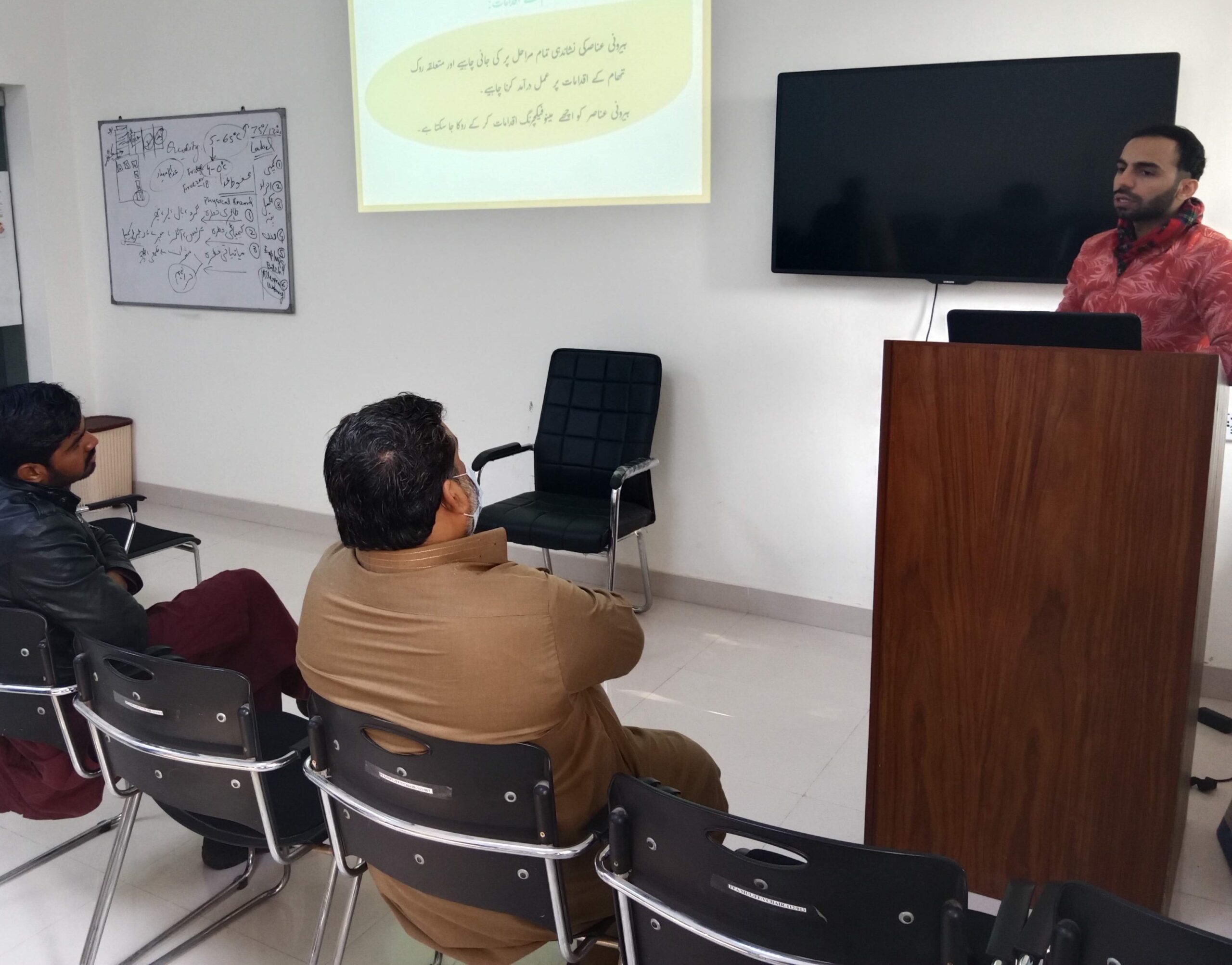
Raising Voices for Food Security and Climate Resilience at the World Food Forum 2024
The World Food Forum 2024 is a pivotal event addressing the intertwined challenges of food security and climate change. This year, Ali Raza Khan is honored to join global leaders, experts, and advocates at the FAO headquarters in Rome, Italy, with a primary focus on Global Youth Action. Ali Raza Khan’s journey in this field…
-

Advocate for Change: A Journey to the World Food Forum 2024
I am thrilled to announce that I have been invited to the prestigious FAO headquarters in Rome, Italy, to attend the international conference, World Food Forum 2024. It’s an incredible honor to participate in this significant event, particularly focusing on Global Youth Action, a cause close to my heart. As a dedicated member of civil…
-

Breaking Barriers: An Inclusive Approach to HIV Advocacy and Community Leadership
In the dynamic sphere of global health and human rights, fostering inclusive and comprehensive approaches is paramount. During the last week of October 2024, I had the distinct honor of participating in an online consultation held on 2nd October 2024, orchestrated by the Love Alliance Partnership in collaboration with STOPAIDS, WACI Health, and the Global…
-

Ali Raza Khan Advocates for Key Populations at the Communities Delagation to the Global Fund Board’s Lusaka Agenda Discussion
The Communities Delegation to the Board of the Global Fund recently convened to discuss the Lusaka Agenda, a pivotal initiative aimed at enhancing the involvement and engagement of key populations in the fight against HIV, TB, and malaria. Among the passionate voices at this discussion was Ali Raza Khan, an HIV-positive activist from Pakistan. Ali’s…
-
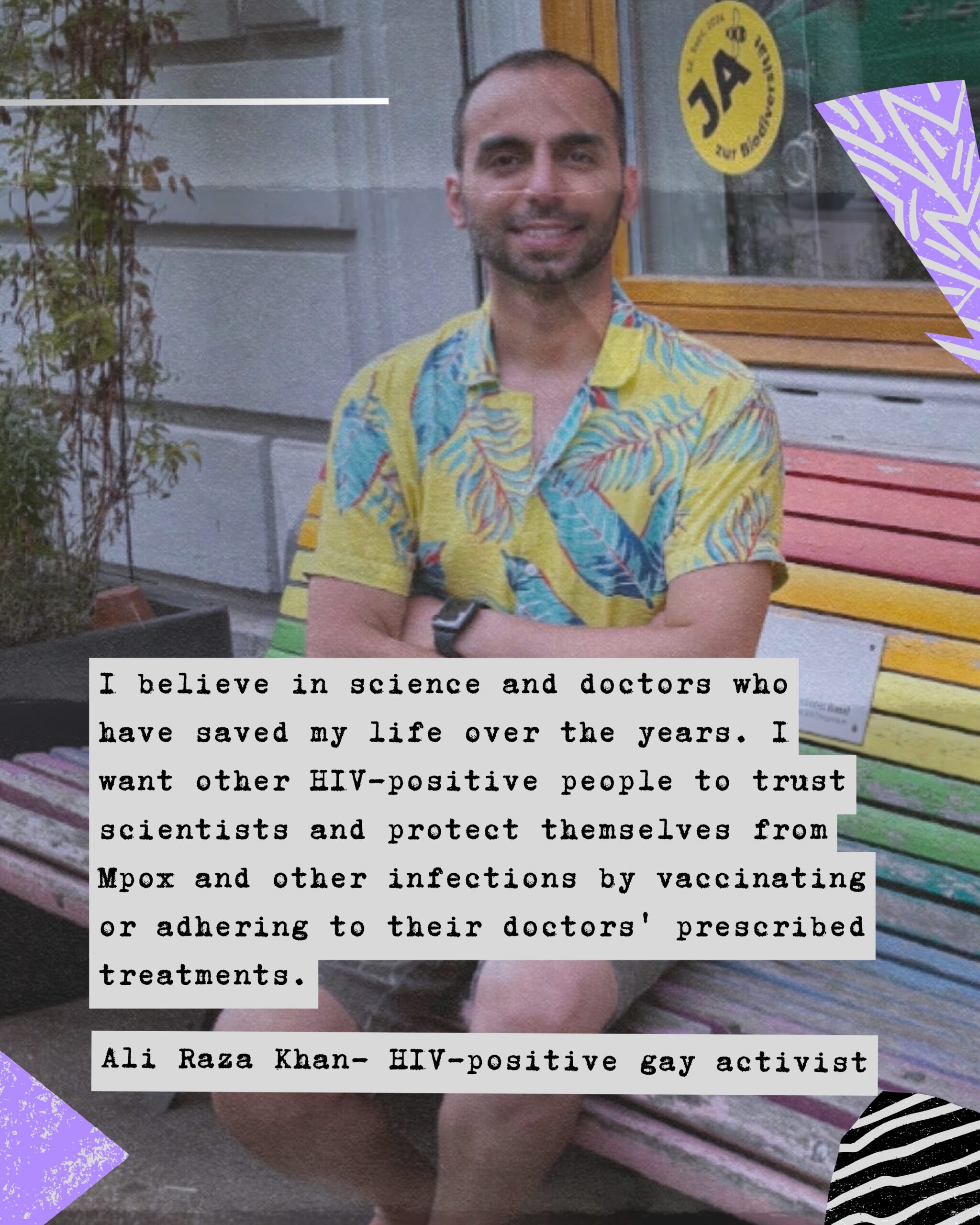
Mpox Vaccination for People Living with HIV: My Personal Experience
Mpox, a viral illness similar to smallpox, has been declared a global health emergency by the World Health Organization (WHO). For people living with HIV, understanding the risks and benefits of Mpox vaccination is vital. As an HIV-positive gay activist from Pakistan, I want to share my personal experience and insights on the importance of…
-
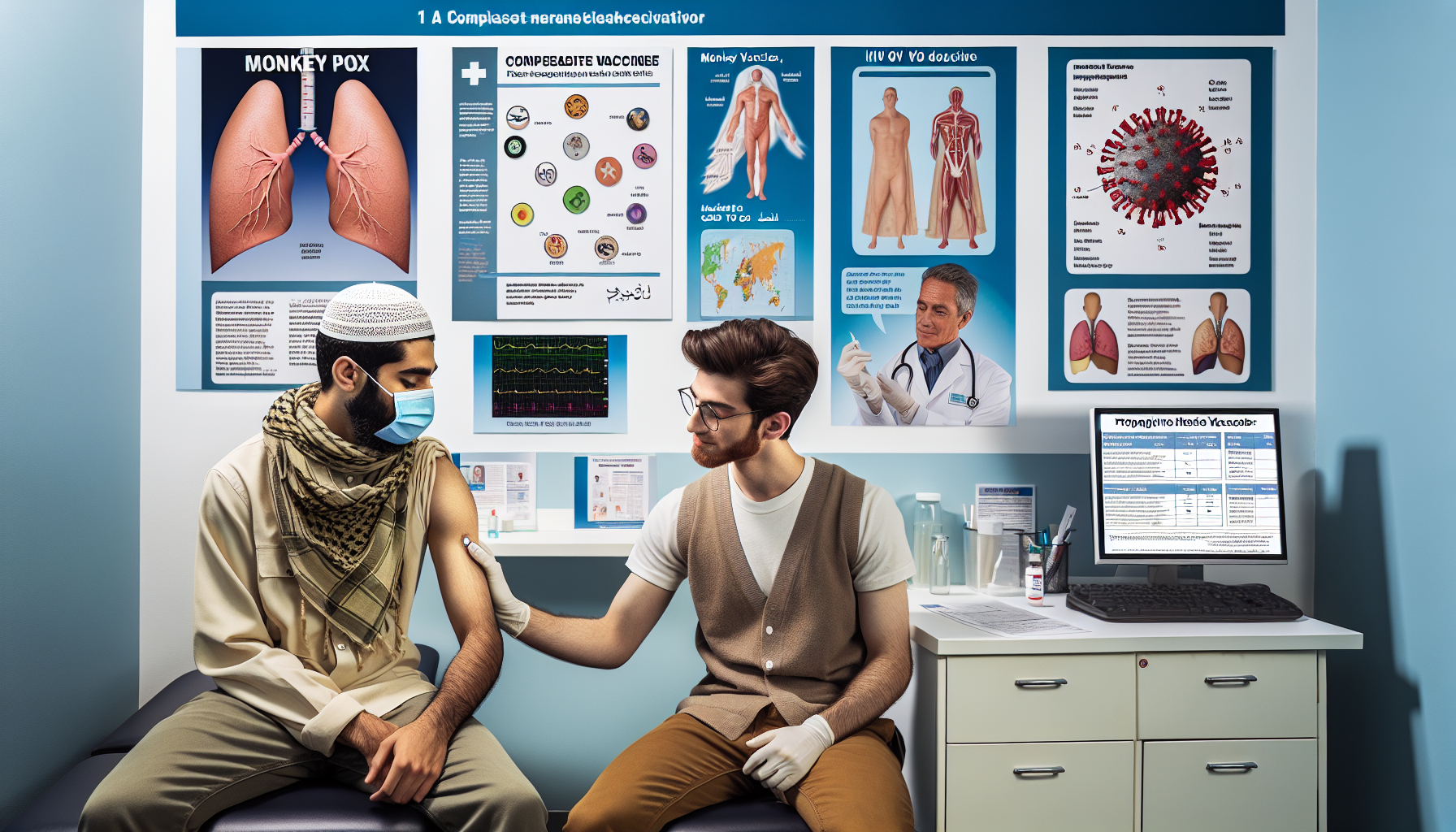
Monkeypox Vaccination for People Living with HIV: Ali Raza Khan Personal Experience and Guidelines for Community
Monkeypox, a viral illness similar to smallpox, has been declared a global health emergency by the World Health Organization (WHO). For people living with HIV, understanding the risks and benefits of monkeypox vaccination is crucial. As an HIV-positive gay activist from Pakistan, Ali Raza Khan wants to share personal experience and insights on the importance…
-
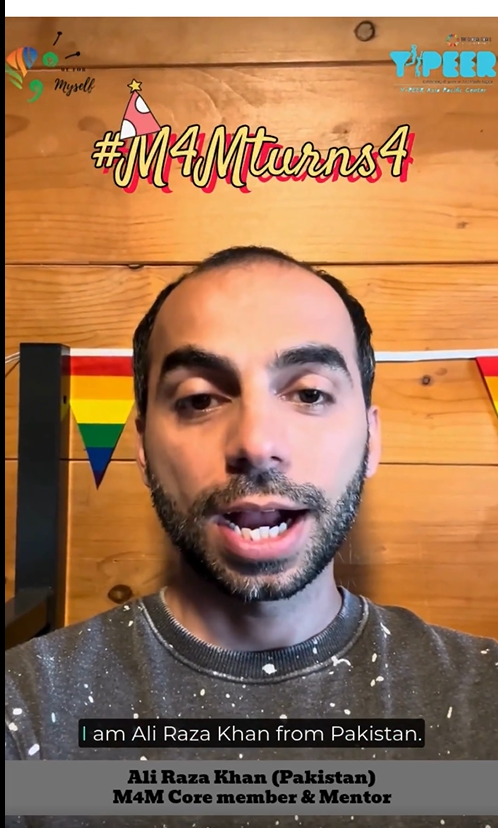
Ali Raza Khan & 4 Years of Me for Myself Campaign : Mental health is a stigmatized topic, and LGBTIQA+ people face even greater challenges when addressing mental health issues.
4 Years of Me for Myself Campaign & Ali Raza Khan core member M4M : Mental health is a stigmatized topic, and LGBTIQA+ people and marginalized communities face even greater challenges when addressing mental health issues. Certainly! Mental health awareness is crucial for everyone, but it holds particular significance within the queer community. Let’s explore…
-
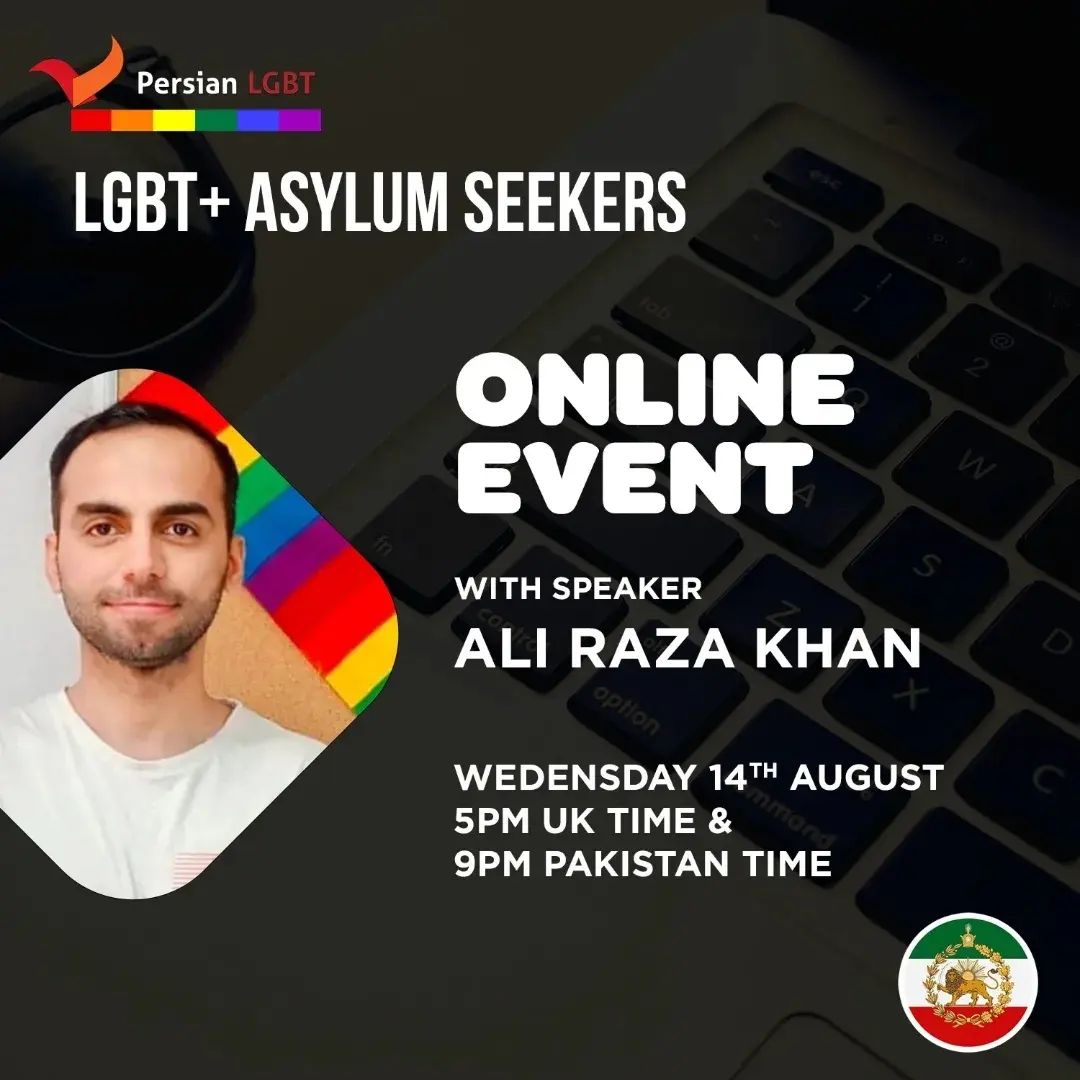
Ensuring Safety and Security for LGBTQI+ Community Members in Pakistan : Speaker Ali Raza Khan
The Importance of Freedom and Rights for LGBTQI+ People in Pakistan The LGBTQI+ community in Pakistan has long been marginalized, facing legal and social discrimination. Despite these challenges, there have been significant efforts to advocate for their rights and inclusion. However, the broader LGBTQI+ community still faces legal hurdles. Same-sex relationships remain criminalized under Section…
-
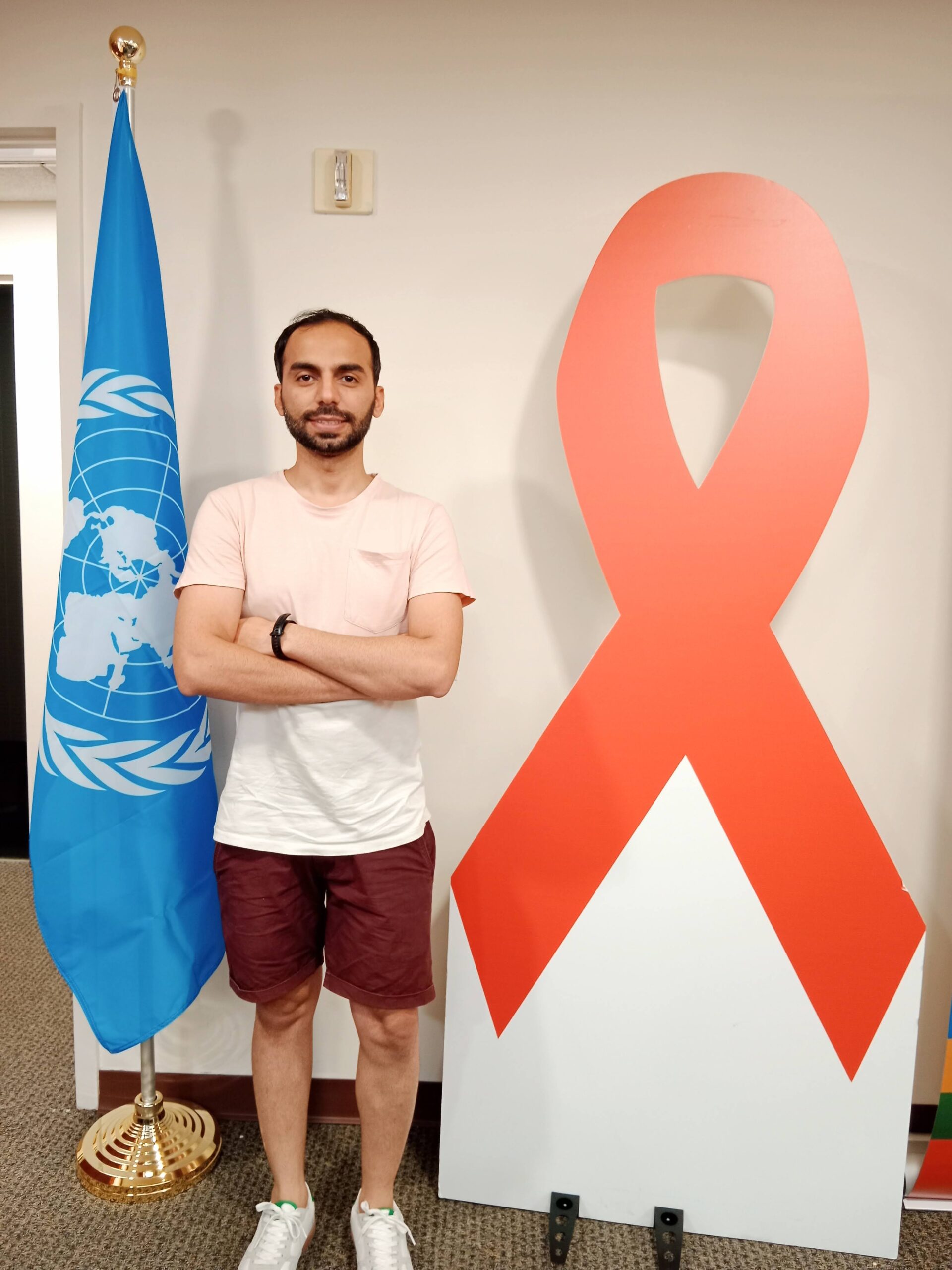
Speaker Ali Raza Khan: From Ruin to Resilience: Harnessing Community Strength in the Face of Natural Disasters
Munich, Germany – The AIDS 2024 conference will feature a pivotal session titled “From Ruin to Resilience: Harnessing Community Strength in the Face of Natural Disasters,” highlighting the critical intersection of climate change and public health. This scientific symposium, accredited for Continuing Medical Education (CME), will take place on July 25, 2024, from 15:00 to…
-
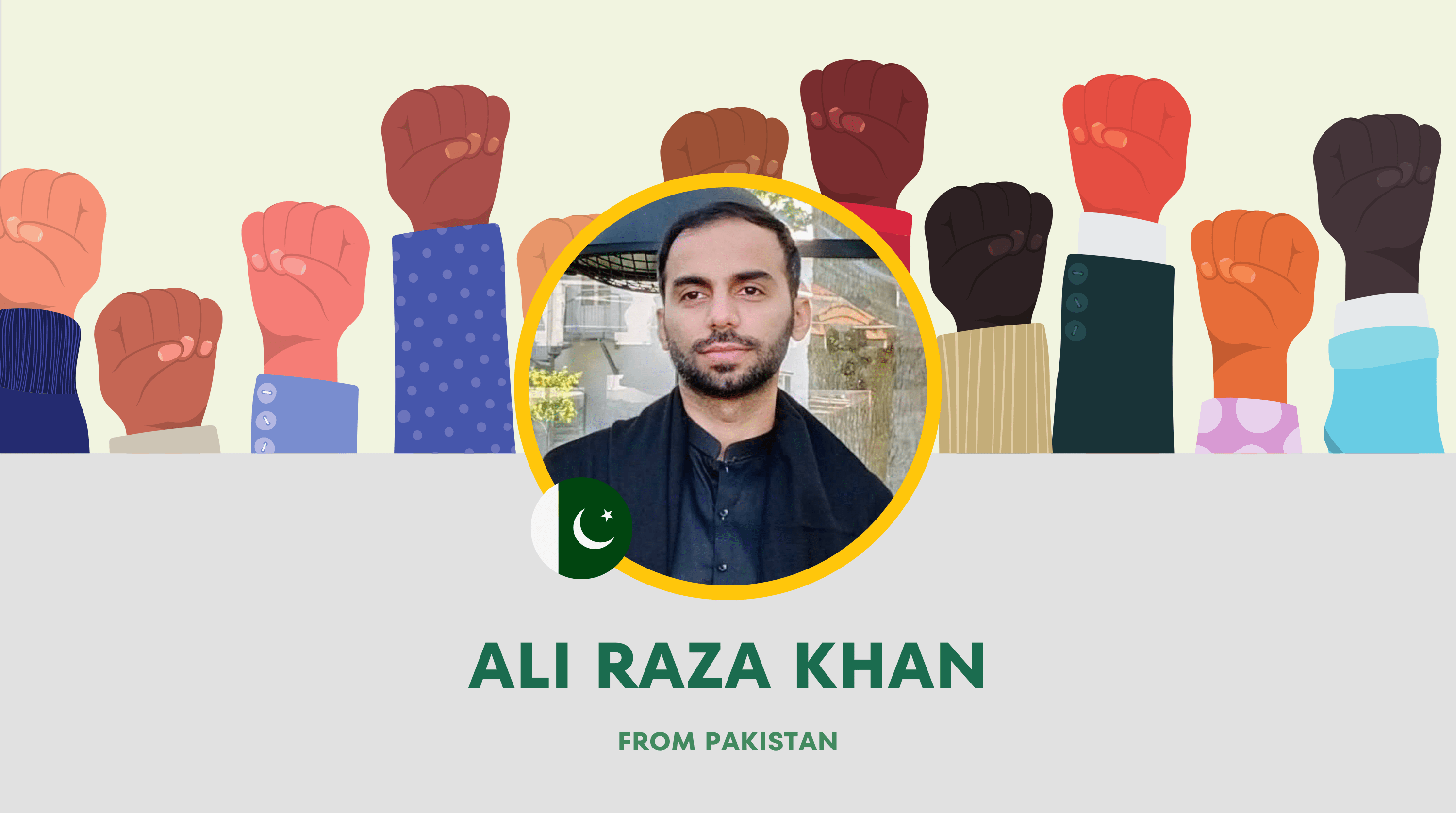
Advancing Religious Equality: Ali Raza Khan’s Groundbreaking Research on Youth Behavior in South Punjab
As a dedicated minorities rights activist and researcher, Ali Raza Khan has been at the forefront of advocating for religious equality and peace in South Punjab, Pakistan. With a deep commitment to fostering understanding and inclusivity, Ali recently conducted a research project titled “The impact of the curriculum and interaction with diverse groups of people…
-
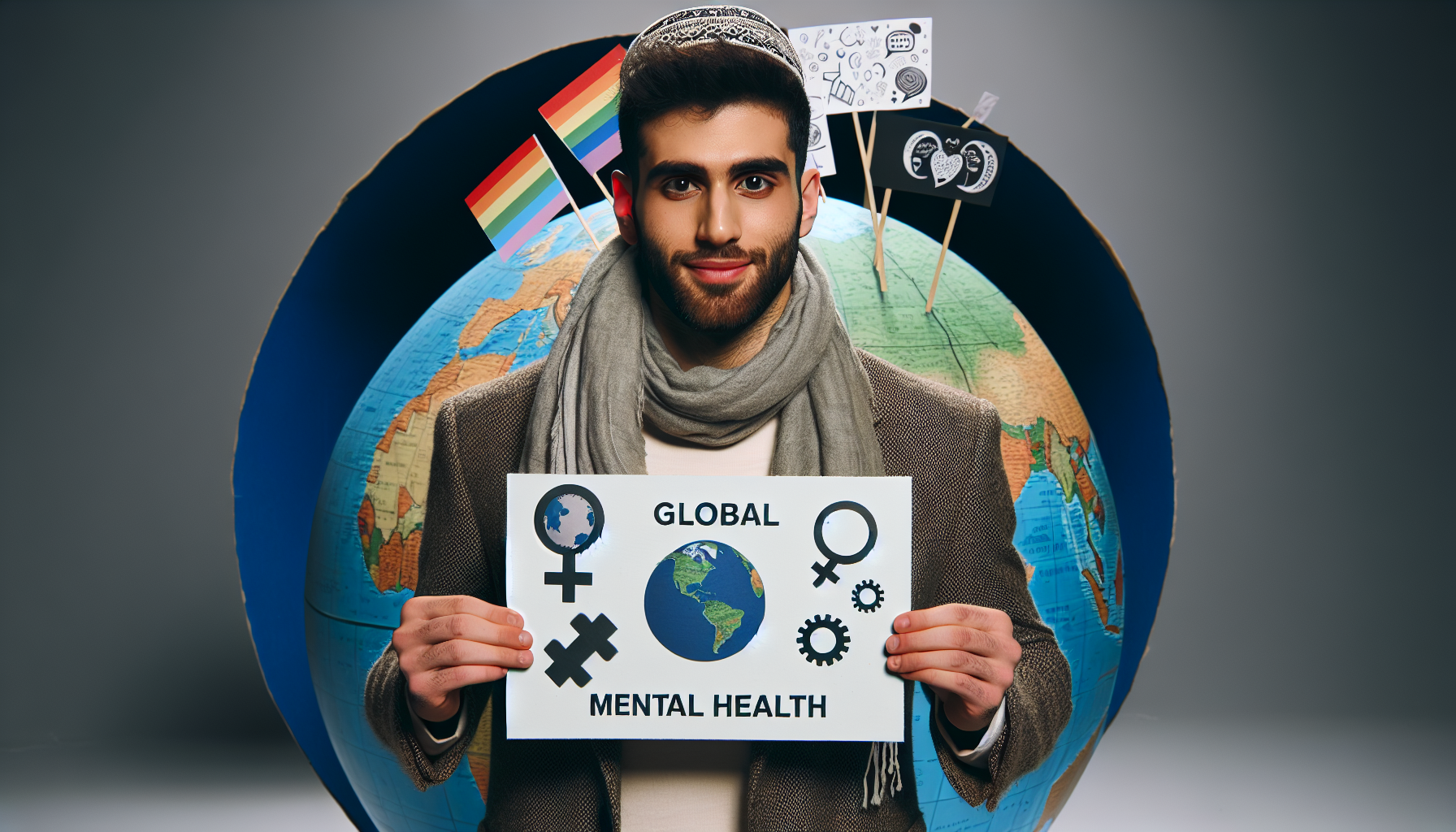
Mental Health and Global Health
The importance of mental health in global health, particularly during a pandemic, cannot be overstated. Mental health plays a critical role in overall well-being and is intricately connected to physical health, social functioning, and the ability to cope with challenges and adversity. Here are some key reasons why mental health should be prioritized in global…
-

My Journey as a Member of the UNAIDS Global Advisory Group
Hey there! 🌟 I wanted to share some exciting and important news with you all. In May 2023, I was invited to join the UNAIDS Global Advisory Group on Monitoring the 30-80-60 Targets. Since then, I’ve had the privilege of serving as a member of this incredible team. As an HIV-positive gay activist from Pakistan,…
-

First Meeting of the UNAIDS Global Advisory Group on Monitoring the 30-80-60 Targets: A Robust Start
On May 10th, 2023, the UNAIDS Global Advisory Group on Monitoring the 30-80-60 Targets convened for their first meeting. This group, composed of global stakeholders dedicated to advancing the fight against HIV, gathered to discuss the development of a monitoring framework for the ambitious 30-80-60 targets set in the 2021 Political Declaration on HIV and…
-

Ali Raza Khan Joins UNAIDS Global Advisory Group on Monitoring the 30-80-60 Targets
Ali Raza Khan, an HIV-positive gay activist from Pakistan, has been invited to join the UNAIDS Global Advisory Group on Monitoring the 30-80-60 Targets. This esteemed group comprises global stakeholders dedicated to advancing the fight against HIV. Ali’s involvement marks a significant step towards ensuring the voices of young HIV-positive gay individuals and sex workers…
-
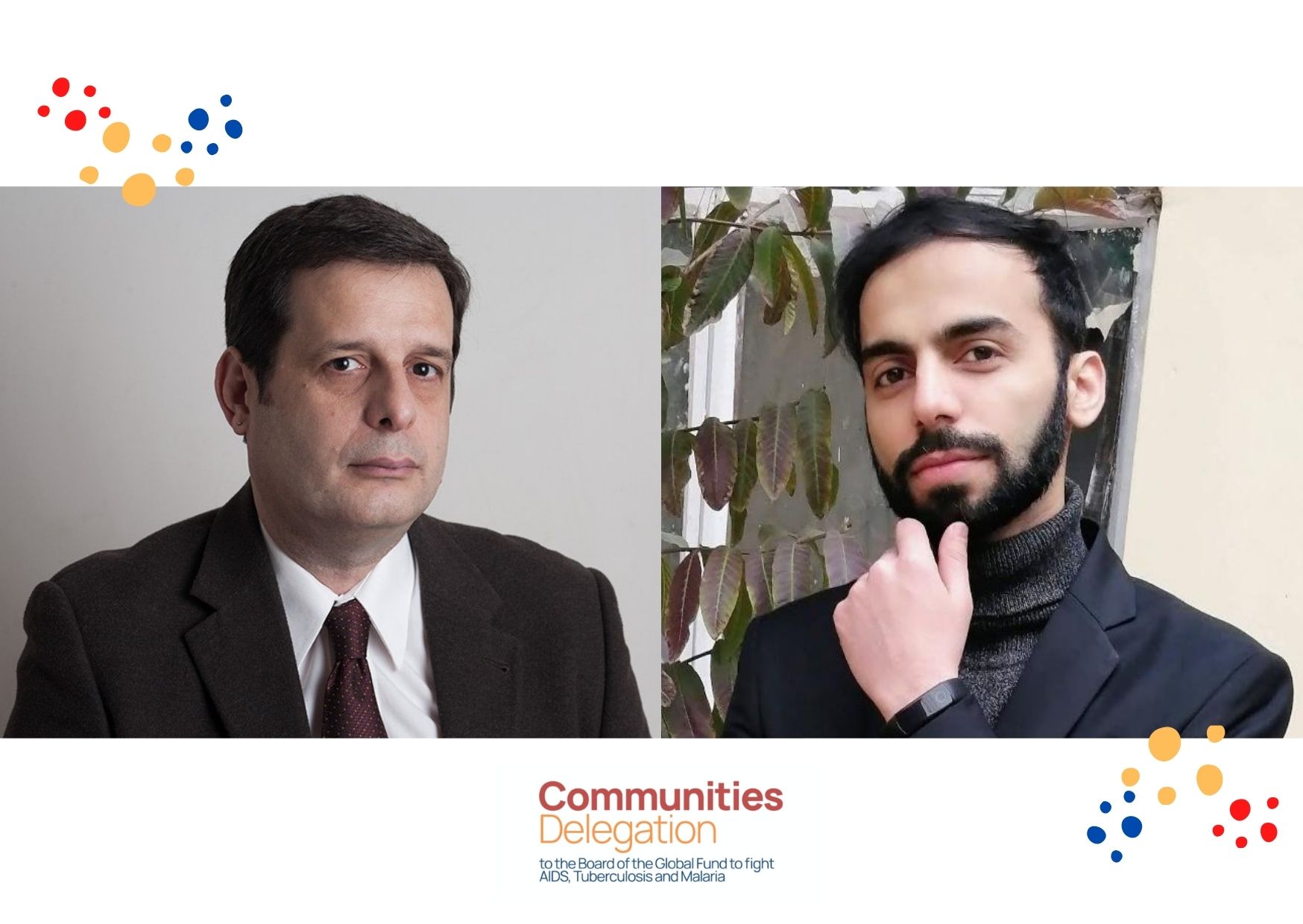
Communities Delegation to the Global Fund Board appoints Mr Ali Raza Khan as Alternate Board Member
Tuesday, 25th January 2022The Communities Delegation of people living with and affected by HIV, TB and malaria (Communities Delegation) to the Global Fund Board has the pleasure to announce the appointment of Mr Javier Hourcade as the Board Member and Mr Ali Raza Khan as the Alternate Board Member. The constituency confirmed and welcomed the…

